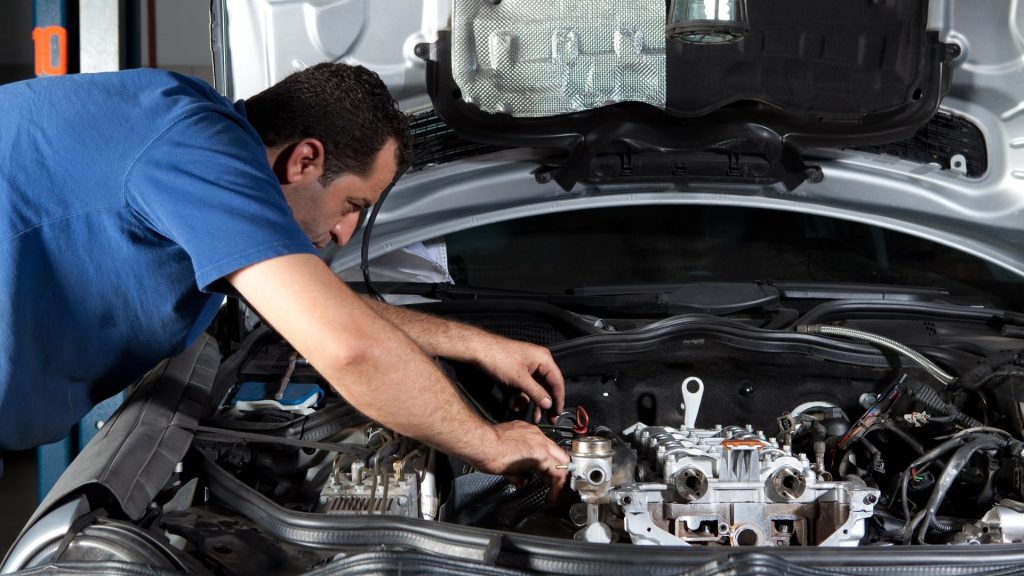Owning a car can be a significant investment, and while routine maintenance is necessary to keep your vehicle running smoothly, unexpected repairs can be a financial burden. Expensive car repairs often result from neglecting regular maintenance or failing to address minor issues promptly.
By taking proactive steps and following essential maintenance practices, you can avoid costly repairs and extend the life of your vehicle. Regular attention to your car’s needs not only ensures its reliability but also saves you money in the long run. Here are five tips to help you avoid expensive car repairs and keep your vehicle in top condition.
1. Follow the Manufacturer’s Maintenance Schedule
One of the best ways to avoid expensive car repairs is to follow the manufacturer’s recommended maintenance schedule. This schedule is designed to keep your vehicle in optimal condition and prevent potential issues from arising.
It includes regular tasks such as oil changes, tire rotations, brake inspections, and fluid replacements. By adhering to these guidelines, you can ensure that your car’s components are functioning correctly and reduce the risk of costly repairs.
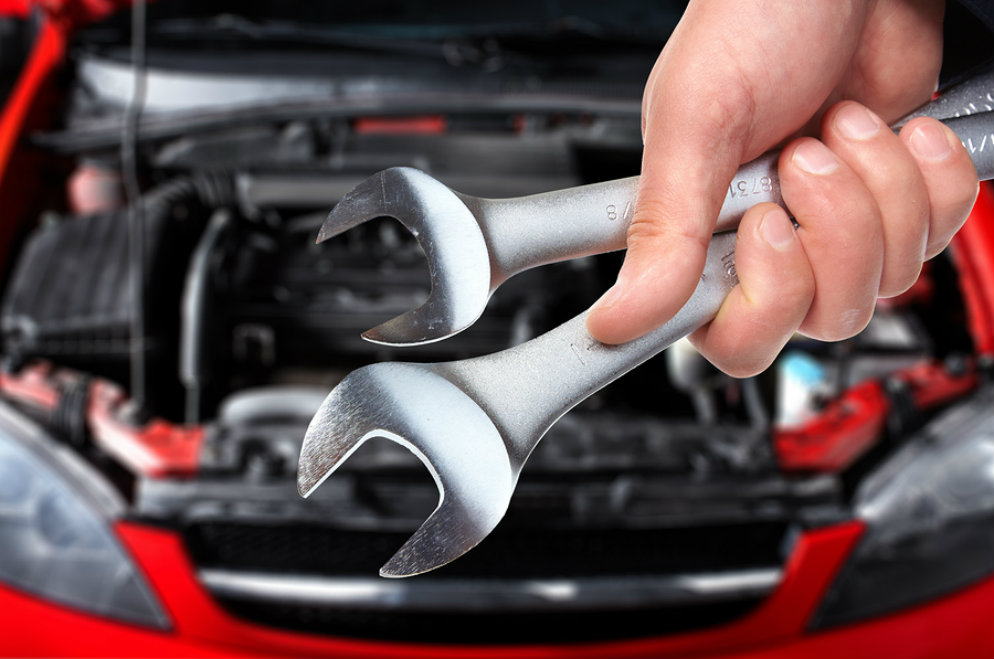
The manufacturer’s maintenance schedule is typically outlined in your car’s owner’s manual, and it is based on the vehicle’s mileage and age. Regular maintenance helps identify and address minor issues before they become major problems, such as replacing worn-out parts or topping up essential fluids.
Skipping or delaying scheduled maintenance can lead to more significant issues down the road, resulting in expensive repairs and reduced vehicle lifespan. Keeping detailed records of all maintenance and repairs is also beneficial, as it provides a history of the vehicle’s care and can be useful when selling the car. By following the manufacturer’s maintenance schedule, you can keep your car running smoothly and avoid unexpected and costly repairs.
2. Pay Attention to Warning Lights
Modern vehicles are equipped with various warning lights that alert you to potential issues with the car’s systems. Ignoring these warning lights can lead to expensive repairs, as they often indicate underlying problems that require immediate attention. Common warning lights include the check engine light, oil pressure light, brake warning light, and battery warning light.
When a warning light illuminates your dashboard, it’s essential to take it seriously and address the issue promptly. Refer to your owner’s manual to understand the specific meaning of each warning light and the recommended course of action. In some cases, the issue may be minor and easily fixed, such as a loose gas cap. However, other warning lights may indicate more serious problems that require professional attention.
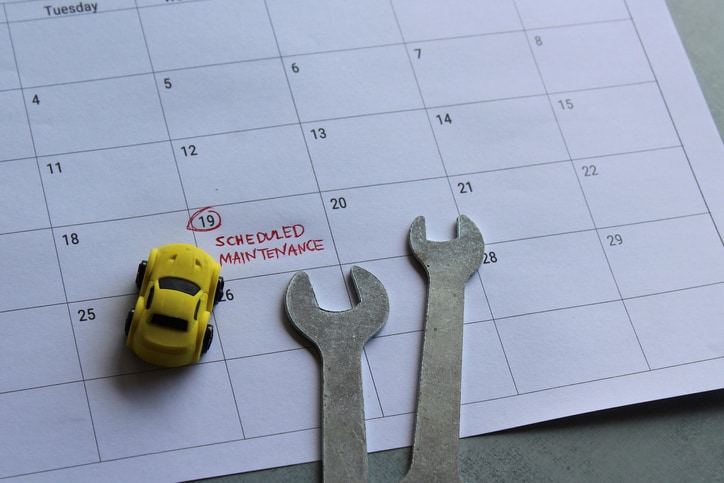
Ignoring warning lights can result in further damage to your vehicle and higher repair costs. For example, driving with the check engine light on can lead to engine damage, while ignoring the oil pressure light can result in severe engine wear.
By paying attention to warning lights and addressing issues promptly, you can prevent minor problems from escalating into expensive repairs and ensure the safety and reliability of your vehicle.
3. Regularly Check and Maintain Fluid Levels
Fluids play a crucial role in the proper functioning of your vehicle, and maintaining the correct fluid levels is essential for avoiding expensive car repairs. The primary fluids to monitor include engine oil, coolant, transmission fluid, brake fluid, power steering fluid, and windshield washer fluid. Each fluid serves a specific purpose, and low or contaminated fluid levels can lead to significant damage and costly repairs.
Regularly checking and maintaining fluid levels helps ensure that your car’s systems operate smoothly and efficiently. For example, engine oil lubricates the engine’s moving parts, reducing friction and wear. Low oil levels or dirty oil can cause overheating and engine damage. Coolant helps regulate the engine’s temperature, and insufficient coolant can lead to overheating and potential engine failure.
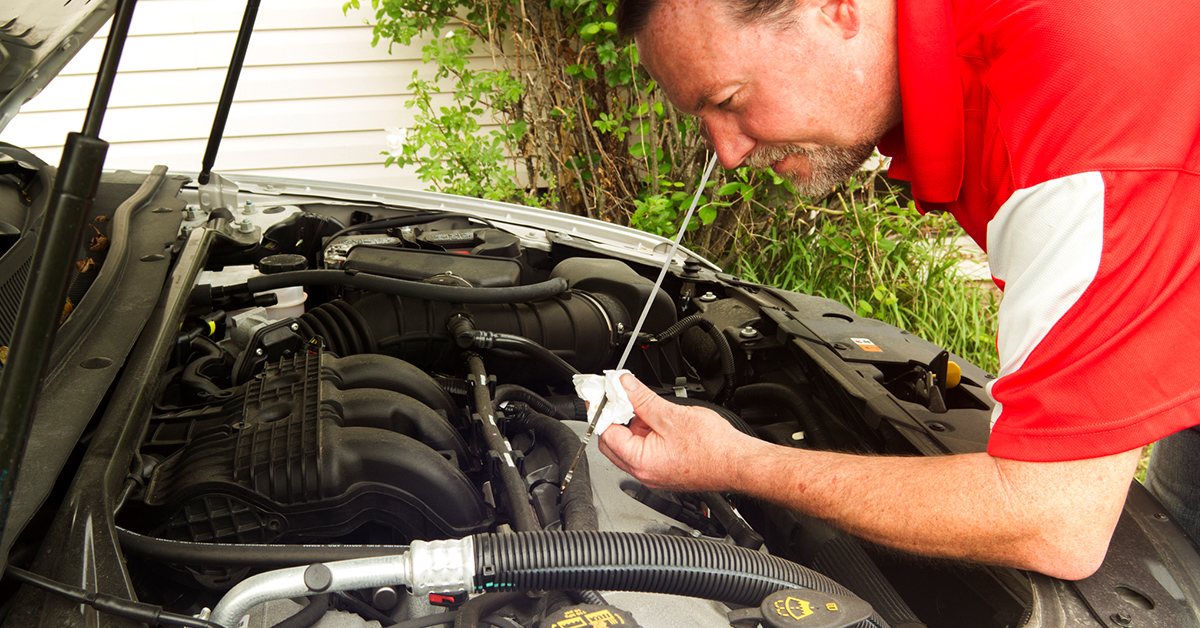
Transmission fluid keeps the transmission components lubricated and prevents overheating, while brake fluid is essential for the proper functioning of the braking system. Power steering fluid ensures smooth and responsive steering, and windshield washer fluid keeps your windshield clean for optimal visibility.
To maintain fluid levels, check them regularly and top them up as needed. Refer to your owner’s manual for guidance on the correct types and specifications of fluids for your vehicle. By keeping fluids at the appropriate levels and changing them at recommended intervals, you can prevent costly repairs and extend the life of your car’s components.
4. Keep Tires Properly Inflated and Aligned
Proper tire maintenance is essential for avoiding expensive car repairs and ensuring a safe and comfortable driving experience. Underinflated or misaligned tires can lead to a range of issues, including uneven tire wear, reduced fuel efficiency, and compromised handling and braking performance. Neglecting tire maintenance can also result in more significant problems, such as damage to the suspension and steering components.
Regularly checking your tire pressure and keeping them properly inflated can help prevent these issues. Use a tire pressure gauge to check the pressure at least once a month and before long trips. Refer to your owner’s manual or the tire placard on the driver’s side door jamb for the recommended tire pressure for your vehicle.
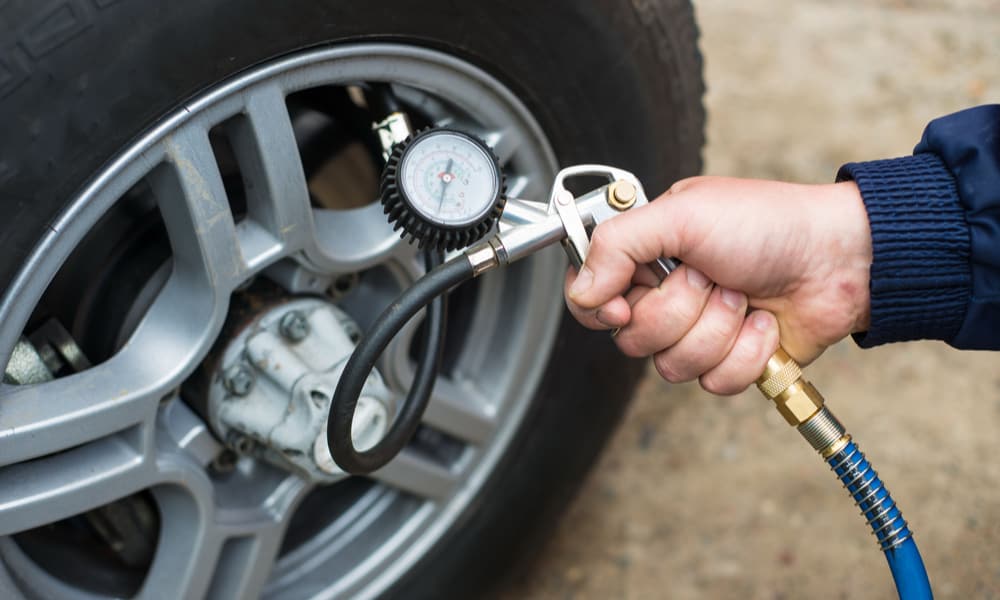
Properly inflated tires improve fuel efficiency, extend tire life, and enhance vehicle performance. In addition to maintaining tire pressure, ensure that your tires are properly aligned and balanced.
Misaligned tires can cause uneven wear and affect the handling of your vehicle. If you notice your car pulling to one side or experiencing vibrations while driving, it may be a sign of misalignment or imbalance.
Have your tires inspected and aligned by a professional at regular intervals to prevent these issues and avoid costly repairs. By keeping your tires properly inflated and aligned, you can ensure a smoother and safer ride while preventing damage to other vehicle components.
5. Drive Smoothly and Responsibly
Your driving habits have a significant impact on the longevity and condition of your vehicle. Aggressive driving behaviors, such as rapid acceleration, hard braking, and sharp turns, can put excessive strain on your car’s components, leading to premature wear and expensive repairs. By adopting smoother and more responsible driving habits, you can reduce wear and tear on your vehicle and extend its lifespan.
To drive smoothly, accelerate gradually and avoid sudden stops whenever possible. Use gentle braking and maintain a consistent speed to reduce the stress on your engine, transmission, and braking system. Anticipate traffic conditions and plan your moves to avoid abrupt maneuvers.
Additionally, avoid overloading your vehicle, as carrying excessive weight can strain the engine, suspension, and brakes. Follow the manufacturer’s recommended load limits and remove any unnecessary items from your car to reduce the load.
Regularly inspect your vehicle for any signs of wear or damage, such as unusual noises, vibrations, or changes in performance. Addressing minor issues promptly can prevent them from developing into more significant problems that require costly repairs.
By driving smoothly and responsibly, you can protect your vehicle from unnecessary wear and tear, ensuring a longer and more reliable lifespan.
By following these five tips, you can avoid expensive car repairs and keep your vehicle in excellent condition. Regular maintenance, attentive driving, and proactive care are key to ensuring your car remains reliable and safe while saving you money in the long run.

